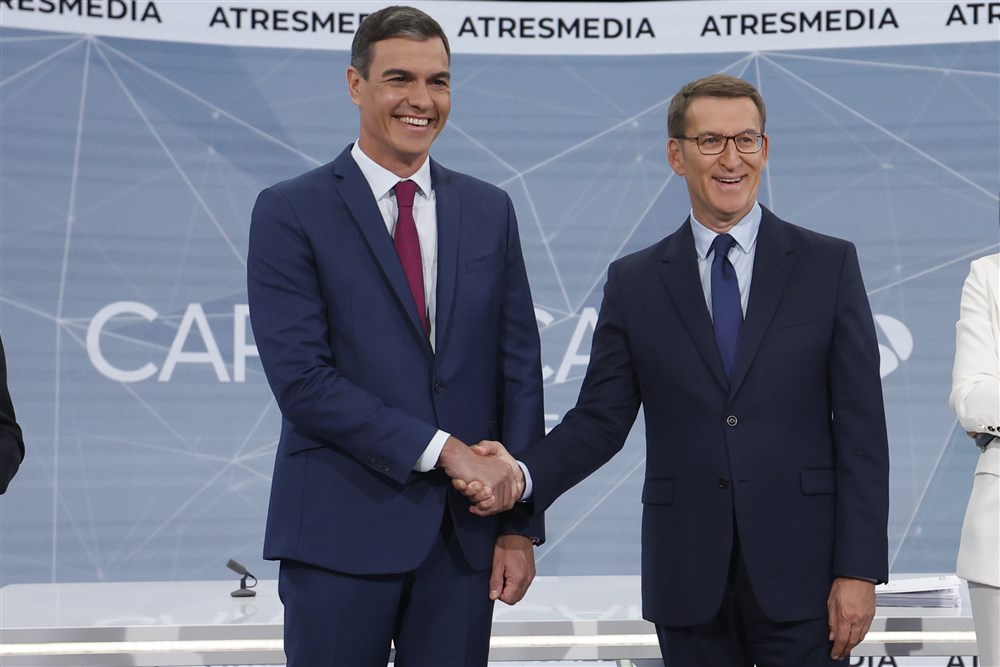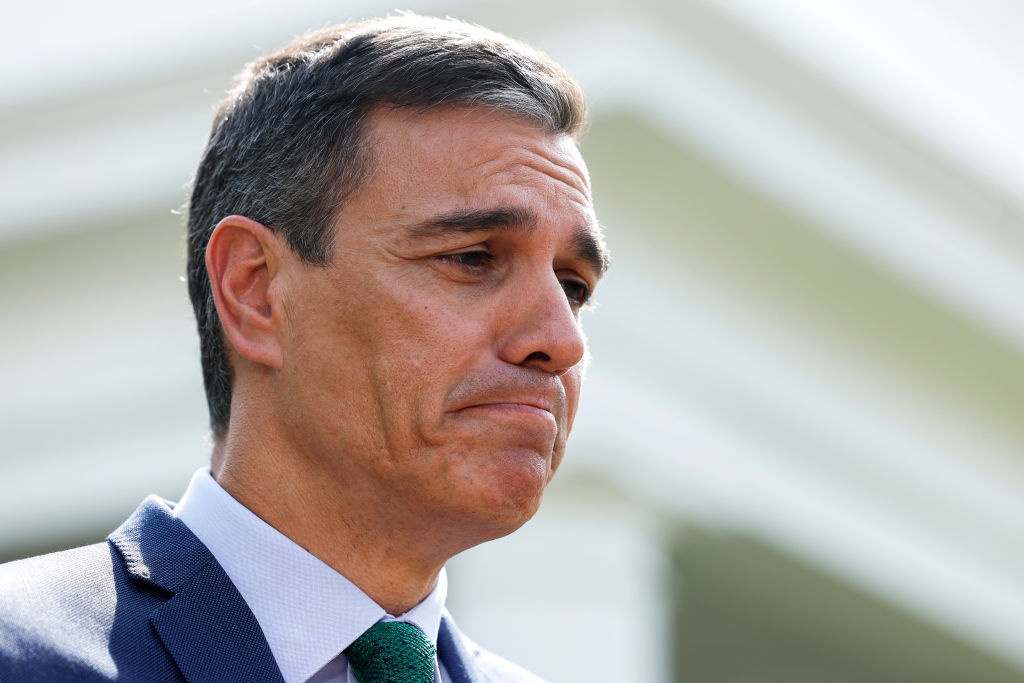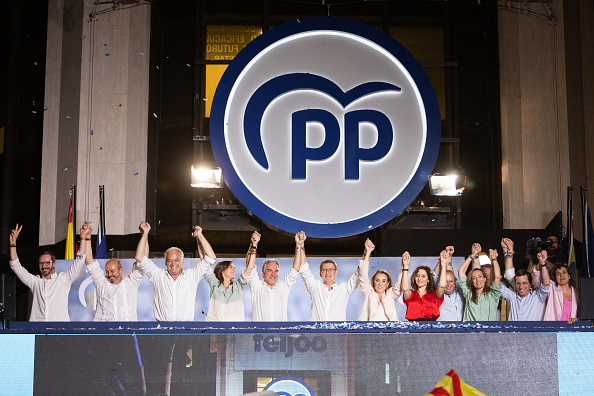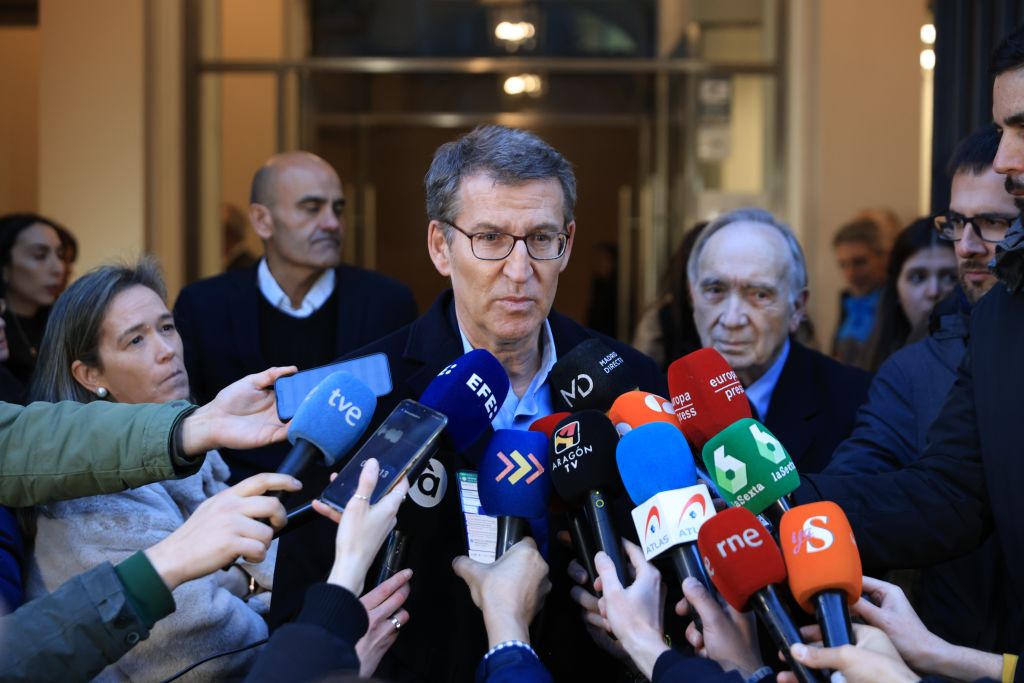Following Spain’s inconclusive general election on July 23, the two largest separatist parties in the Spanish region of Catalonia have pledged to support another Pedro Sánchez stint as Prime Minister – but not “for nothing”.
They said they were ready to negotiate a pro-independence agenda with the Socialist Party (PSOE), which came second in the vote behind the centre-right Partido Popular (PP).
Esquerra Republicana (ERC) and Junts Per Catalunya lost ground in the election. ERC saw its representation cut by half, while the right-wing Junts came out with one less MP than in 2019. Junts is the party of Carles Puigdemont, the former president of the Catalonia region and a fugitive in self-imposed exile in Belgium. He faces arrest if he returns to Barcelona.
Puigdemont fled Spain in 2017 after a unilateral declaration of independence by the Barcelona-based regional government, dubbed a coup attempt by opponents.
Both ERC and Junts will now have seven MPs each in the Spanish Congress. Yet even with less than four per cent of seats, they could play kingmakers.
ERC’s leader Gabriel Rufián acknowledged the decline in votes but said: “We can tip the scales.”
Commentators pointed out that, despite an unclear post-election scenario, the contest was a victory for Spain’s two-party system: PP and PSOE claimed 74 per cent of the chamber.
Rufián called it “the most Spanish election ever” but went on to warn Sánchez and his ally Yolanda Díaz from the left-wing Sumar party that if they wanted to govern “their” country, “they would have to respect ours”.
Rufián later addressed Junts and asked members to work together to “set a price, which must be high” for their support. Junts leader Miriam Nogueras said: “We do not owe anything to Sánchez.”
Nogueras foresaw “a time for a change in Catalonia”.
“We will not make Sánchez the Prime Minister in exchange for nothing,” she insisted.
Another twist occurred less than 24 hours after the election results were announced when the Spain’s Supreme Court demanded Puigdemont’s detention following the European General Court’s removal of his MEP immunity earlier in July.
Amnesty for Puigdemont is expected to be one of the conditions on the negotiating table with Sánchez.
With the key in their hands, many also say it is likely ECR and Junts will demand a government-sponsored independence referendum in Catalonia.
ECR’s abstention in national elections in 2019 was indispensable in enabling Sánchez’s premiership.
In addition to Sumar, this time he needs the support of the two separatist parties from Catalonia and also the two Basque-nationalist parties. Sánchez could also need the vote of the one Galician-nationalist MP.
One PP speaker decried the situation as “Part Two” of “the Frankenstein Government”.





